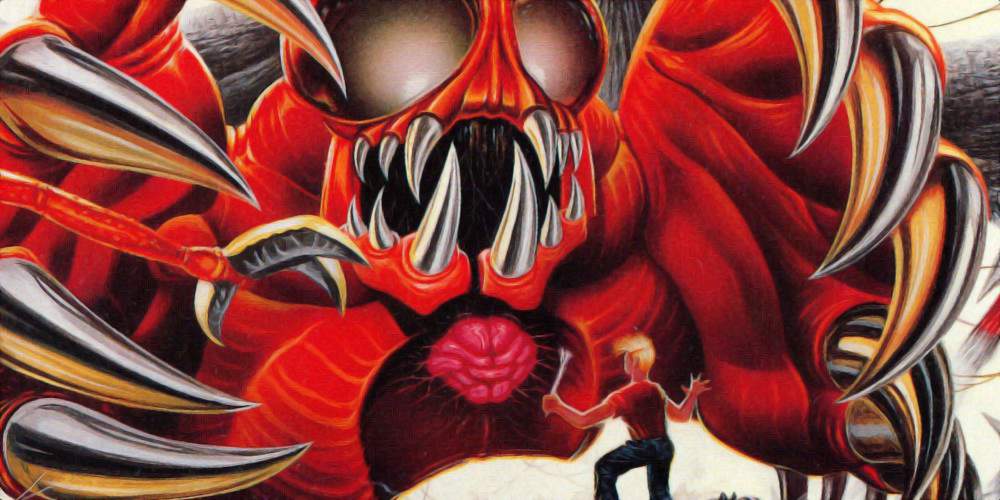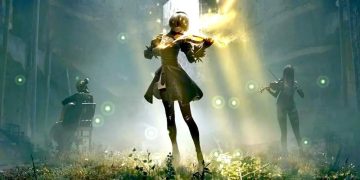The Super Nintendo had big shoes to fill when it came out. The original Nintendo Entertainment System successfully brought the idea of a home video game console to mainstream acceptance, so there were a lot of expectations when the follow-up console launched in 1990.
With impressive sales and a huge catalog of enduringly nostalgic games to choose from, it's safe to say the SNES was a huge success.
For fans of Japanese RPGs, this console marks one of the most exciting eras in the genre's history. Many of the most celebrated JRPGs of all time came out during this 16-bit era.
The unique chip architecture of the SNES not only allowed for brighter and more stylized character designs, but for more elaborate sound design and musical scores, which allowed individual games to look and sound unique unlike ever before in video games.
It was a golden era for JRPGs, but which ones were the best ever released for the SNES? Here are our picks for the best and most celebrated Super Nintendo JRPGs remembered to this day.
4. Illusion of Gaia (1993)
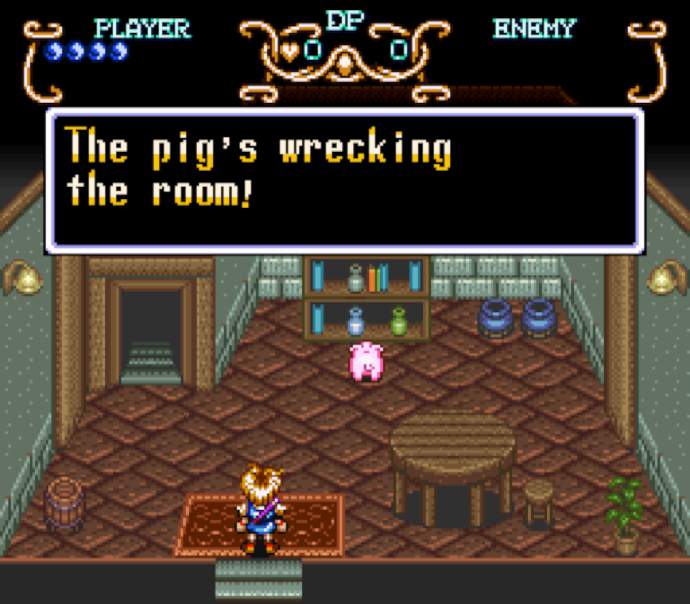
Released in 1993, Illusion of Gaia was unusual among JRPGs. There's no leveling system and there's only one single playable character throughout the entire run. There's no grinding for money, items, or experience points—none of the hallmarks of the JRPG genre.
Instead, Illusion of Gaia told a unique story with a focus on puzzle-solving and skill rather than numerical grinding to ensure you were "strong enough" to tackle the next area and its bosses.
Illusion of Gaia is so radically different that it really shouldn't have worked as well as it did, but every element of the game is so polished and fun that it all came together incredibly well.
The real joy of Illusion of Gaia is seeing the hero travel across the world, visiting locations that are oh-so-similar to places in our own reality but with little twists here and there. (The developers clearly took inspiration from real-world landmarks, but there's an in-world reason for those similarities, and it's revealed at the end of the game.)
The finale—with the world being restored to its proper order—is one of the most bittersweet endings in gaming history, with the hero and his friends successful in their mission but losing all memories of their time together and returning to an Earth that's safe but unfamiliar to them.
3. Final Fantasy VI (1994)
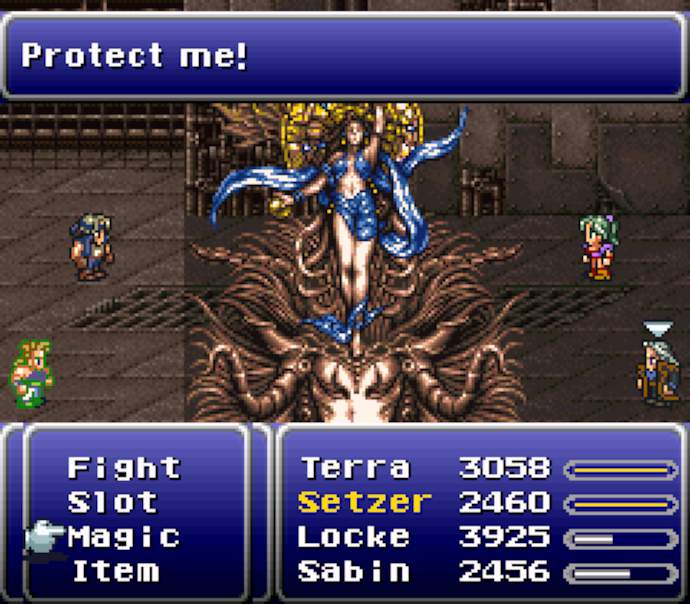
I still think Final Fantasy VI is the best Final Fantasy video game of all time, so of course it has to make an appearance here!
Final Fantasy VI set a high bar for cinematic games of the era, complete with a soundtrack that sounds so good you can hardly believe it came from a cartridge. This was a grown-up game that laid the groundwork for the dark tones and themes that Final Fantasy VII would carry on.
However, no other game in the series struck such a perfect balance between darkness and humor like Final Fantasy VI did.
The inclusion of the best Final Fantasy villain of all time—in Kefka Palazzo—allowed the game to explore a grim reality where the heroes actually do fail and the supervillain's plans come to pass. And it teaches us that when that happens, we can't simply despair and give up.
There's always time to pick yourself up, regroup, and try again to right what went wrong. That message of resilience remains relevant today, more than 25 years after the game's initial release.
2. Secret of Evermore (1995)
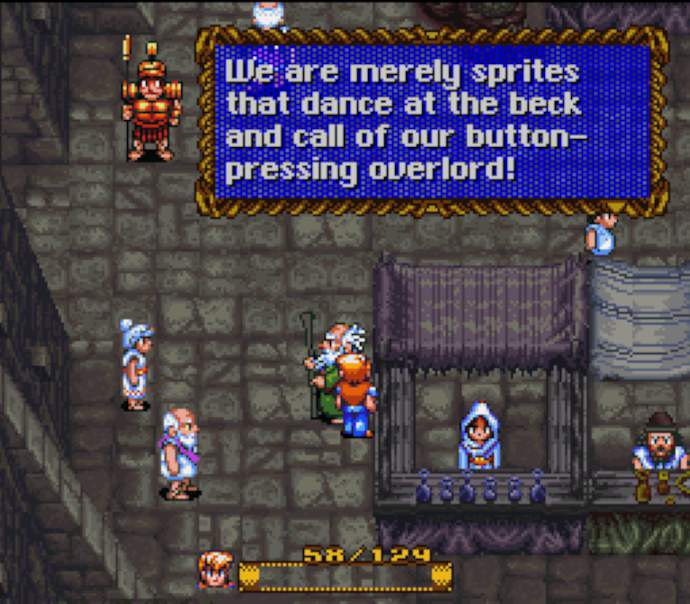
I debated whether to include Secret of Evermore on this list, simply for the fact that this game wasn't made by a Japanese team—meaning it's unclear whether it can truly be considered a JRPG. In a way, Secret of Evermore was a grand experiment by Square.
Square's American branch (known as Square Soft) was originally set up to port Square's games to North America, but in 1994 they were given the task of creating a JRPG that consisted of a boy and his dog traveling "through a world based on cheesy B-movies."
With that brief in hand, the team created a game that had colorful characters, fantastical monster, and a robot dog/toaster companion, traveling across four different time periods, making this one of the most unusual games in JRPG history.
Also unusual was its stripped-back soundtrack—mostly ambient noise that married well with the bright visuals of the different time periods visited by the main character.
Secret of Evermore had a distinctly American point-of-view that was embraced throughout development. There was no game quite like it on gaming consoles at the time, which makes it worth including here.
1. Chrono Trigger (1995)
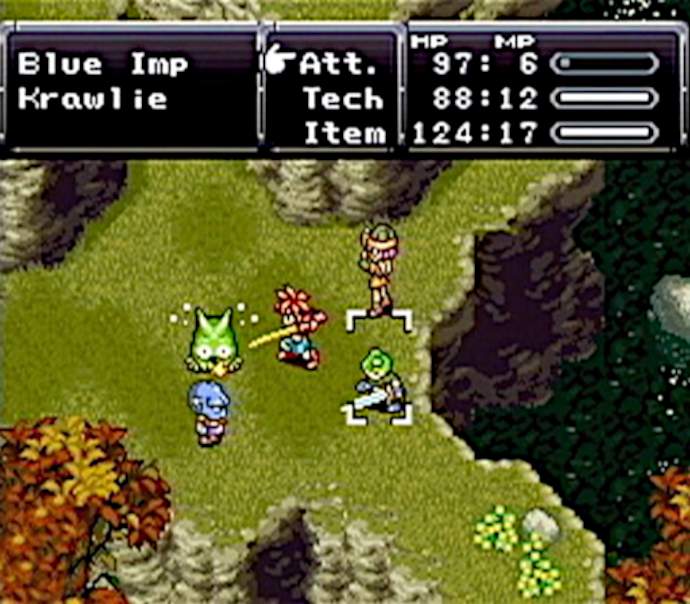
Time travel is a tough mechanic to include in any story since it so often creates paradoxes and contradictions. As a rule of thumb, I roll my eyes whenever I see it included in a game or film—but I do make an exception when it comes to Chrono Trigger.
This was one of the last great JRPGs released for the SNES console, yet to this day remains one of the greatest JRPGs of all time.
With character designs by Dragon Ball writer Akira Toriyama, a grand story that tackled fatalism and the power to defy time itself, and a magical soundtrack that perfectly embodies every scene, Chrono Trigger is oft cited as one of the best video games of all time—not just JRPGs.
Chrono Trigger was innovative in so many ways. It was the game that coined the term "New Game+" that allowed players to replay the game with all the equipment and progression from a previous playthrough.
And New Game+ wasn't just a tacked-on feature for the illusion of replayability; it was a critical mechanic because the game had 12 different endings that players could experience, and some of them required the use of New Game+ to accomplish.
Furthermore, Chrono Trigger's combat system improved on turn-based battle systems of the time by including ability combos that characters could perform together depending on who was in the party.
This game was released near the end of the SNES' lifecycle and helped send the console off in style. That's why it's worthy of being called the best JRPG ever released for the SNES.
